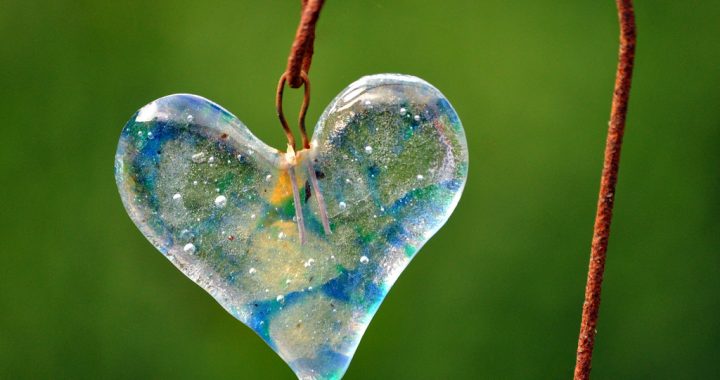(This post was first published here on January 23, 2017.)
The DISC behavioral assessment tool was instrumental in my earliest efforts to understand myself and intentionally grow as a leader. That was around 25 years ago, and I can still remember how helpful and powerful the learning from DISC was for me. It awakened my understanding of how I am, how others are, and how our differences can be used to make a team really strong, or really struggle.
It’s easy for a tool like DISC to become the primary way to understand who you are. My experience is that people who sell tools like these over-value their importance. These wiring assessment tools are simple to use, they produce fascinating insights, and as such, they can be viewed as a full picture of you, describing all of your patterns, feelings, and inner dynamics.
As I continued to learn more about myself and others and how leadership really works, I realized that wiring is only a piece of the overall picture. Over the next several years I came to explore other aspects of what makes me, me—and what makes you, you.
This is when I began to see the importance of beliefs (that which I know to be true, but can’t prove) and values (those characteristics in life that are more important than others). This is also when I began to see that not all high Ds (as an example), are equal—some are more gifted and some are more passionate than others. As I looked at these other variables, I started to see that someone with greater passion may be more desirable than someone who is a good fit on the DISC profile for a particular role or team.
It is out of this journey that the seed for the DoKnowBe Tree was created. Over the next few years it grew (yes, these are shamefully intentional puns, sorry) and started to become clearer to me. I found that this budding framework helped me to understand the things I was learning about myself and others. I needed a framework to hold these new insights, and so I created the DoKnowBe tree for my own understanding. I discovered that when I shared it with friends, they liked it too. When I started to share it with customers, they also liked it. This model has continued to grow in clarity and influence ever since.
I continue to be drawn to the interplay among the five roots and which of those roots seem to be most influential in making me who I am. I am as convinced as ever that my beliefs and values need to play a more important role in my life than my passions and gifts, which in turn should play a bigger defining role than my wiring.
My previous boss was a person who displayed this interplay quite clearly. He is a big-time D in the DISC profile, and yet his beliefs and values were often in contrast to his natural way of engaging the world (or his wiring). While a D is fast to act and often unaware of his or her impact on other people, my boss wanted to be someone who cared for people more than results. As a high D he is very driven to achieve results, and fast! But I saw his beliefs and values override his wiring many times.
In order to live out his beliefs and values, he slowed himself down; he listened to people; he sought to make them feel cared for, even when that meant achieving the results in a much more patient way. It was a beautiful thing to see his beliefs and values win out over his natural wiring.
I have seen this in others as well. It might be where a natural introvert is driven to act like an extrovert due to a strong passion for a particular cause, or where a natural extrovert is driven to sit back and let others fill the space because of a belief that it will be better for the team to let others have the space needed to share their ideas.
Our wiring is a wonderful thing to understand. However, care needs to be taken to ensure that we don’t let it define who we are, but instead see it as a portion of who we are, and maybe a portion that I needs to be managed in order to be the kind of person we really want to be.
I hope you find these musings about the roots of the DoKnowBe Tree helpful as you continue your own journey of growth and leadership. Please let me know if you have your own examples of how you’ve seen beliefs and values, or passions and gifts, play a bigger role than one’s own wiring.
Lead well this week!
Rodg
Image by jasleen_kaur. Used under CC-BY-SA 2.0 license.

